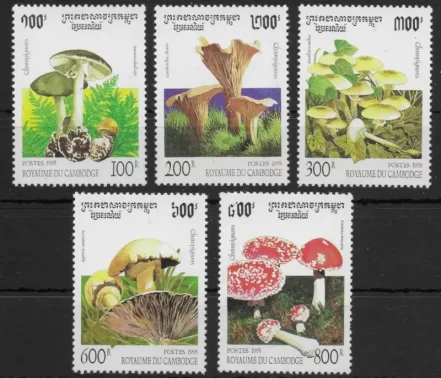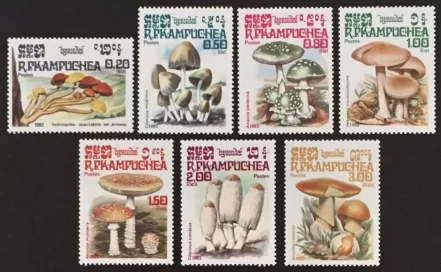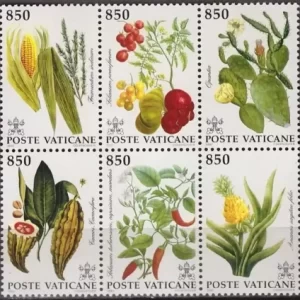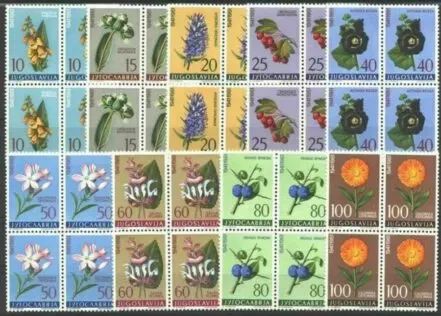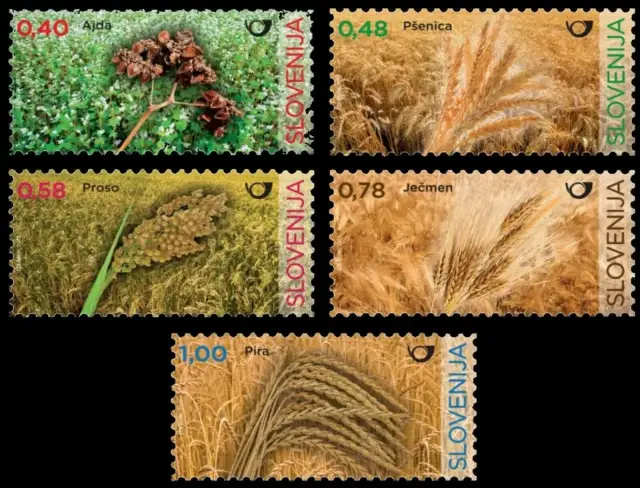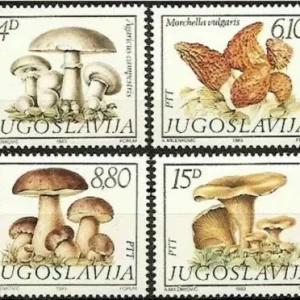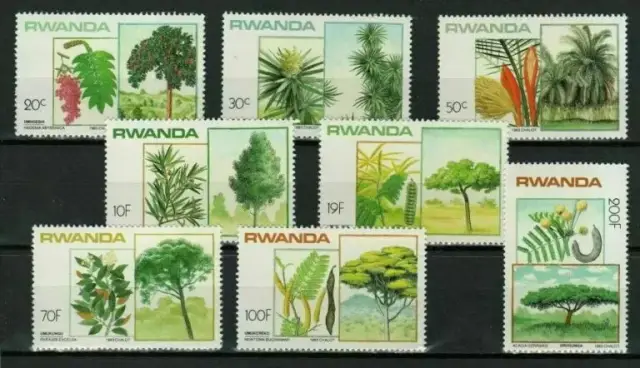Cambodia postage stamps year 1995 Flora / Mushrooms set, Mi.No 1503-07 MNH
Mushrooms are a diverse group of fungi that come in various shapes, sizes, and colors. They are found in many different habitats worldwide, ranging from forests to grasslands to deserts. Mushrooms play essential ecological roles as decomposers, breaking down organic matter and recycling nutrients back into the environment.
Some mushrooms are edible and enjoyed as culinary delicacies in many cuisines around the world. Examples include button mushrooms, shiitake mushrooms, portobello mushrooms, and more. However, it’s important to note that not all mushrooms are safe to eat, and some can be toxic or even deadly if ingested.
In addition to their culinary uses, mushrooms have also been used for medicinal purposes in various traditional healing practices for centuries. Certain mushrooms contain compounds that are believed to have beneficial effects on human health, such as boosting the immune system, reducing inflammation, and even potentially fighting cancer.
Beyond their practical uses, mushrooms have also captured the imagination of people throughout history and have been featured in folklore, fairy tales, and even spiritual practices in some cultures. They have also been the subject of scientific research, particularly in fields such as mycology (the study of fungi) and biotechnology, where mushrooms are being explored for their potential applications in areas like environmental remediation, biofuels, and pharmaceuticals.
Overall, mushrooms are fascinating organisms with a wide range of uses and cultural significance. However, it’s crucial to exercise caution and proper identification when foraging for wild mushrooms or consuming them, as some species can be harmful or toxic.

